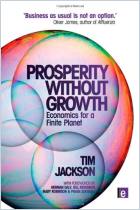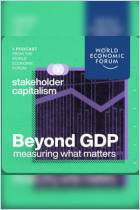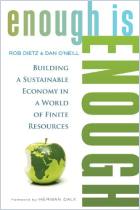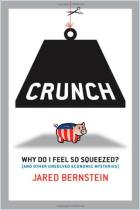
The Little Big Number
How GDP Came to Rule the World and What to Do About It
Read offline
Recommendation
Gross domestic product (GDP) is a complex measure of total economic output – the sum of all the goods and services a nation produces. Most nations and people understand and embrace the “logic of GDP” – that more of everything is better – while failing to understand its complex calculations. But GDP has serious shortcomings, says Duke University economic history professor Dirk Philipsen. Among other concerns, GDP measures only the exchange of money and fails to subtract the shared societal costs of growth, such as pollution, from the value of economic output. Putting a value on priceless resources like breathable air is one of the challenges of developing a performance indicator superior to GDP. Philipsen provides a compelling history of GDP as he dissects its flaws and misuse. getAbstract recommends his GDP exploration to readers – even those without an economics background – who want to learn what GDP counts and ignores, and why unquestioning pursuit of growth as measured by GDP could prove dangerous.
Summary
About the Author
Duke University economic history professor Dirk Philipsen is a senior fellow at the Kenan Institute for Ethics and an Arts and Sciences Senior Research Scholar. He also wrote We Were The People, about the fall of communism in East Germany.






















Comment on this summary or Начать обсуждение